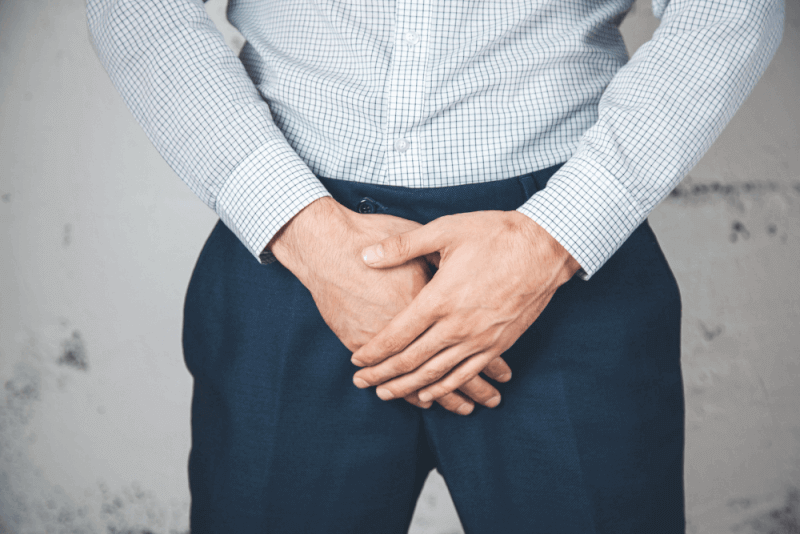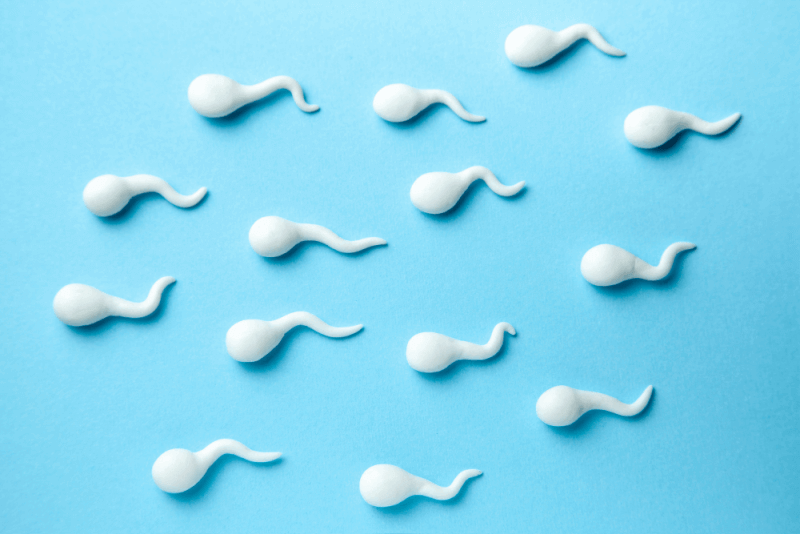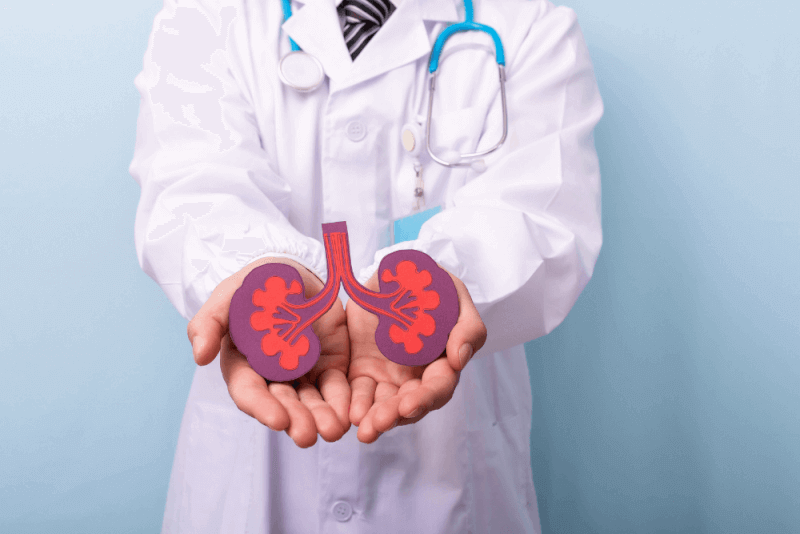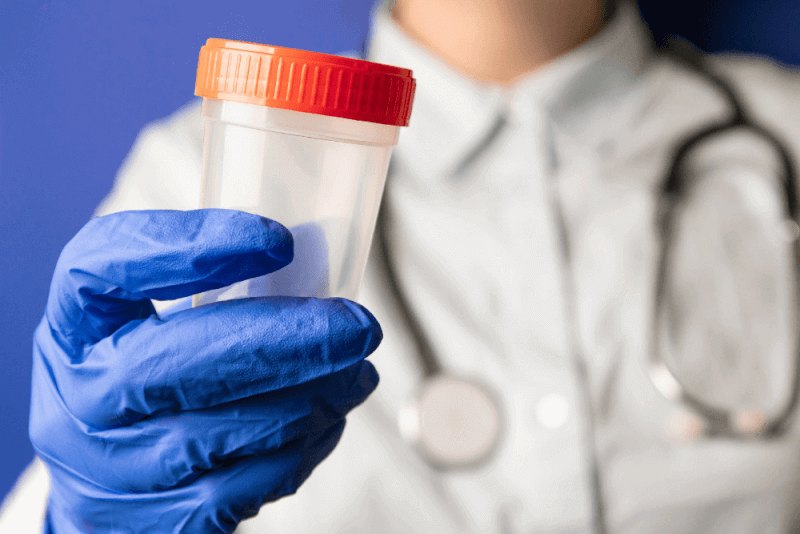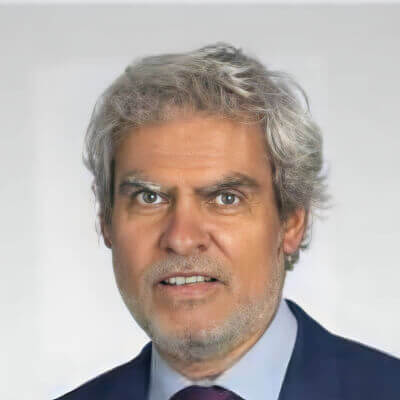What is Impotence?
The causes of erectile dysfunction, commonly referred to as impotence, are varied. There is a treatment for almost every type of erectile dysfunction, including implantation of artificial erectile tissue. Therapies are comprehensive and targeted, but also time-consuming and exhausting. For general fitness, sports, pelvic floor exercises, training with a vacuum pump and taking pills can all come together.
First of all, it is problematic that many affected men remain silent about their problem for years out of shame. For many, impotence is an unbearable failure. For some of those affected, treatment becomes much easier if they manage to accept the current situation.
Only each person can decide for themselves or with their partner how important sex should be in life. Psychological support can help you cope with this. Initially there is a phase of breaking the silence about erectile dysfunction and seeking psychological and medical help.
Causes of Impotence
The lack of an erection in impotence is due to the interaction of blood vessels, hormones, the nervous system and psychology. In addition to circulatory disorders and diseases of the nervous system, diseases of the spine, such as herniated discs or small pelvis injuries, can also be the cause. In addition, hormone disorders or surgeries can trigger erectile dysfunction.
Psychological factors can impair sexual potency, especially in young men:
- Stress
- Life-related pressure
- Fear of failure
- Personality conflicts
- Depression or other mental illness
Circulatory disorders
In older men, circulatory disorders often cause impotence problems:
- Impaired arterial circulation: In people with atherosclerosis, blood vessels in the body narrow due to high blood fat levels and high cholesterol levels. This also applies to the penis. Small blood vessels - arterioles and capillaries - are also damaged in high blood pressure and diabetes. This blocks the flow of blood to the erectile tissue.
- Disorders of venous circulation: The veins in the penis often work like valves - they remain closed during an erection. Blood stays in the penis and an erection is maintained. In the case of impotence, this mechanism no longer works. The muscles in the penis cannot relax properly. The veins allow the inflowing blood to flow out of the erectile tissue very quickly. Studies show that high blood sugar levels may also be responsible here. Pathologically high blood sugar is said to damage the smooth muscles of the penis.
Nerve diseases
About one in 10 patients with impotence has a nerve disease. An erection starts in the brain. When stimulated, certain messenger substances are released by the nerve fibers, so that the blood vessels in the erectile tissue can dilate. If there is a disturbance in the signaling pathway from the brain to the organ, the penis cannot become erect despite libido.
Affected men are usually people who have
- Multiple sclerosis
- Parkinson's
- Alzheimer's
- Craniocerebral trauma
- Paralysis
- Diabetes
- Excessive alcohol consumption or alcohol dependence
Hormonal imbalances
Hormonal disorders are rarely the cause of impotence problems. Those who lack the male sex hormone testosterone often feel less sexually aroused.
Excess prolactin can also cause erectile dysfunction. This hormone actually promotes milk production in mothers, but it also occurs in men. Some diseases and medicines increase production.
Medication use
Some medicines can also cause impotence, for example:
- Various gastrointestinal drugs
- Various heart medications
- Anti-inflammatory drugs with cortisone as active ingredient
- Different drugs for drainage (diuretics)
- Some antihypertensive drugs
- Hair regenerator with active ingredient finasteride
- Medicines for depression (antidepressants)
- Some anti-anxiety medications called tranquilizers
- Various beta-blockers
- Antiandrogens that block the action of male sex hormones
Symptoms of Impotence
If a doctor is consulted with a suspicion of impotence, the type of complaints seen in the patient is extremely important in understanding whether impotence is organic or psychological. Because the symptoms of impotence are divided into psychological and organic.
Psychological symptoms
Among the symptoms in cases where impotence is due to psychological causes are the following.
- It starts especially suddenly. These patients suddenly start to have erectile dysfunction when they had no sexual problems before.
- Nocturnal erections and morning erections persist.
- Erection problems vary according to the situation experienced. For this reason, in some cases, patients experience erectile dysfunction, while in other cases the erection continues in its normal course.
- Patients are in a stressful period related to their environment, family or work.
Organic symptoms
In cases where impotence problem is seen due to organic causes, the symptoms seen in patients include the following.
- The problem of impotence develops gradually over time.
- Patients' erection quality decreases over time.
- Because the symptoms appear gradually, patients consult a doctor later.
- Patients usually have diseases such as diabetes, hyperlipidemia, hypertension and atherosclerosis.
- The state of erection does not vary under different conditions.
- Patients have no or reduced morning erection or nocturnal erection.
Impotence Treatment Methods
There are now many different therapy options, which also depend on the cause of the impotence. It is often necessary to treat the disease responsible for erectile dysfunction: a diabetic patient should be appropriately adjusted. A man prone to high blood pressure may need antihypertensive medication. A man with testosterone deficiency will compensate with hormone therapy. Once the cause has been determined by the urologist, he or she can also initiate appropriate treatment.
Change conditions
Sometimes a lifestyle change is enough:
- Reducing obesity
- Increase physical activity
- Cessation of nicotine consumption
- Consume healthy foods
- Low blood sugar levels
- Optimizing cholesterol levels
- Moderate alcohol consumption
- Low blood pressure
Psychotherapy
When it comes to psychological causes, counseling or a self-help group is a good way to combat fear of failure and stress. Even if there is an organic cause, self-doubt can arise as a result. This is where therapy can help.
Sexual enhancer
The administration of testosterone can have a supportive effect in connection with the supply of sexual enhancers. Testosterone is applied to the skin in the form of a gel. It can also be injected into the muscle at longer intervals. The urologist usually uses PDE-5 inhibitors to treat impotence. These block the enzyme phosphodiesterase-5, which leads to relaxation of the penis muscles. This allows the blood vessels to dilate better and the erectile tissue to fill with blood. The active ingredients are sildenafil, tadalafil and vardenafil, which differ slightly in the onset and duration of the effect. The best known are probably the sexual enhancers Viagra, Levitra and Cialis. They are also available on prescription.
The active ingredient Tunera diffusa (passion flower) is often used in homeopathy. Even the Mayans used the leaves of the South American medicinal plant to treat erectile problems and difficulties with orgasm. Acidum picrinicum (picric acid), Strychninum phosphoricum (strychnine phosphate) and Yohimbinum hydrochloricum (yohimbine) are also used.
Treatment for erectile dysfunction is more promising the earlier it is started. Therefore, if you develop symptoms of erectile dysfunction, you should consult a doctor as soon as possible. The risk of a previously undetected underlying disease, such as diabetes mellitus or cardiovascular disease, should also prompt you to seek medical treatment as soon as possible.
If the doctor confirms erectile dysfunction, measures can be taken to help the man have a satisfying sex life again. Medicines that help erections can be used to treat impotence. In addition to chemical products such as Viagra, which should only be taken in consultation with a doctor, natural remedies can also be used: Ginseng and Maca are almost always compatible herbal remedies. Since men can develop a fear of failure as a result of their impotence, sexual counseling should also be sought, which not only improves communication between partners but also teaches relaxation exercises.
Prostate and impotence
As a result of scientific studies between prostate and erection, it has been discovered that both problems are seen together in many patients, which is why sexual dysfunction is more common in prostate patients than in non-prostate patients. Although the reasons for this connection have not been fully determined, it is thought that loss of sexual function is seen in prostate patients for the following 4 reasons.
- The first theory about the co-occurrence of prostate disease and sexual dysfunction is that there is a decrease in nerves containing nitrite oxide synthetase in the bladder, prostate and penis. This condition, also called NO, is extremely important for erection.
- Another theory about this relationship is that the presence of various metabolic syndromes in prostate patients also leads to increased sympathetic activity and erectile dysfunction.
- Another view is that inadequate blood flow to the pelvic region in patients with prostate causes ischemic changes in penile tissue. It is possible to see impotence in patients with this condition.
- The last theory between prostate and impotence is that the increase in RHO kinase activity causes smooth muscle contraction in the prostate penis.
Contrary to popular belief, impotence is not seen after prostate surgery. In fact, after prostate surgery, sexual disorders that were previously seen can be improved. For this reason, patients can continue their sexual life normally after the operation.
What is temporary impotence?
Temporary impotence, which is seen due to general lifestyle, also develops due to chronic diseases or other medical conditions. It is common to see erectile dysfunction due to the negative effects of poor lifestyle habits on the circulatory system. Especially in people exposed to chronic stress sema, the muscles and vessels in the penis are affected due to the production of adrenaline hormone in the body. Temporary impotence is a known health problem that heals in a short time. Patients are usually cured by making lifestyle changes.
Symptoms of temporary impotence
The symptoms of temporary impotence are similar to the symptoms of impotence. However, the mood of the patients is influential in the symptoms caused by temporary impotence. Especially because they are in a stressful period or have unhealthy lifestyle habits, they have symptoms of impotence that occur suddenly.
How long does temporary impotence last?
Transitional impotence disappears spontaneously if patients get out of the stress period they are in or if they make lifestyle changes. How long the temporary impotence lasts depends on how soon the patients can make these changes. However, patients with symptoms lasting longer than 5 years are recommended to consult a urology department for different treatment methods.



